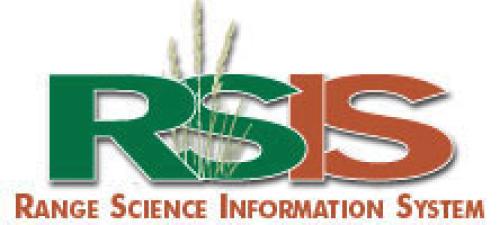This review examines the interactions between herbivores, plants, and climatic factors in arctic wetlands using, as a case study, results of research on grazing by snow geese (Chen caerulescens) on Bylot Island. Population dynamics of arctic herbivores, and geese in particular, are strongly influenced by their food supply. During the summer, geese are the most important herbivore on the island and consume a high proportion of the annual graminoid production (grasses and sedges). Herbivores can sometimes enhance plant production by increasing the turnover rate of nitrogen. However, no evidence was found of positive feedback of grazing on plant growth and, chronic goose grazing tended to decrease production of these ecosystems in the long term. Geese need large quantities of high-quality plants to breed successfully, and negative effects on goose reproduction as a result of lack of food were detected. Predicted increase in temperature may enhance the production of arctic plants. However, modifications to the water regime are more complex and could have both negative and positive impacts on plants. Changes in plant production through global warming will affect herbivores. Because tundra plant-herbivore systems are tightly coupled with climate, it is likely that they will be affected by future climatic changes and that they will in turn respond to these changes.

Citations and enhanced abstracts for journals articles and documents focused on rangeland ecology and management. RSIS is a collaboration between Montana State University, University of Idaho, and University of Wyoming.